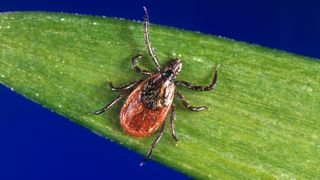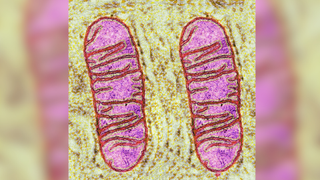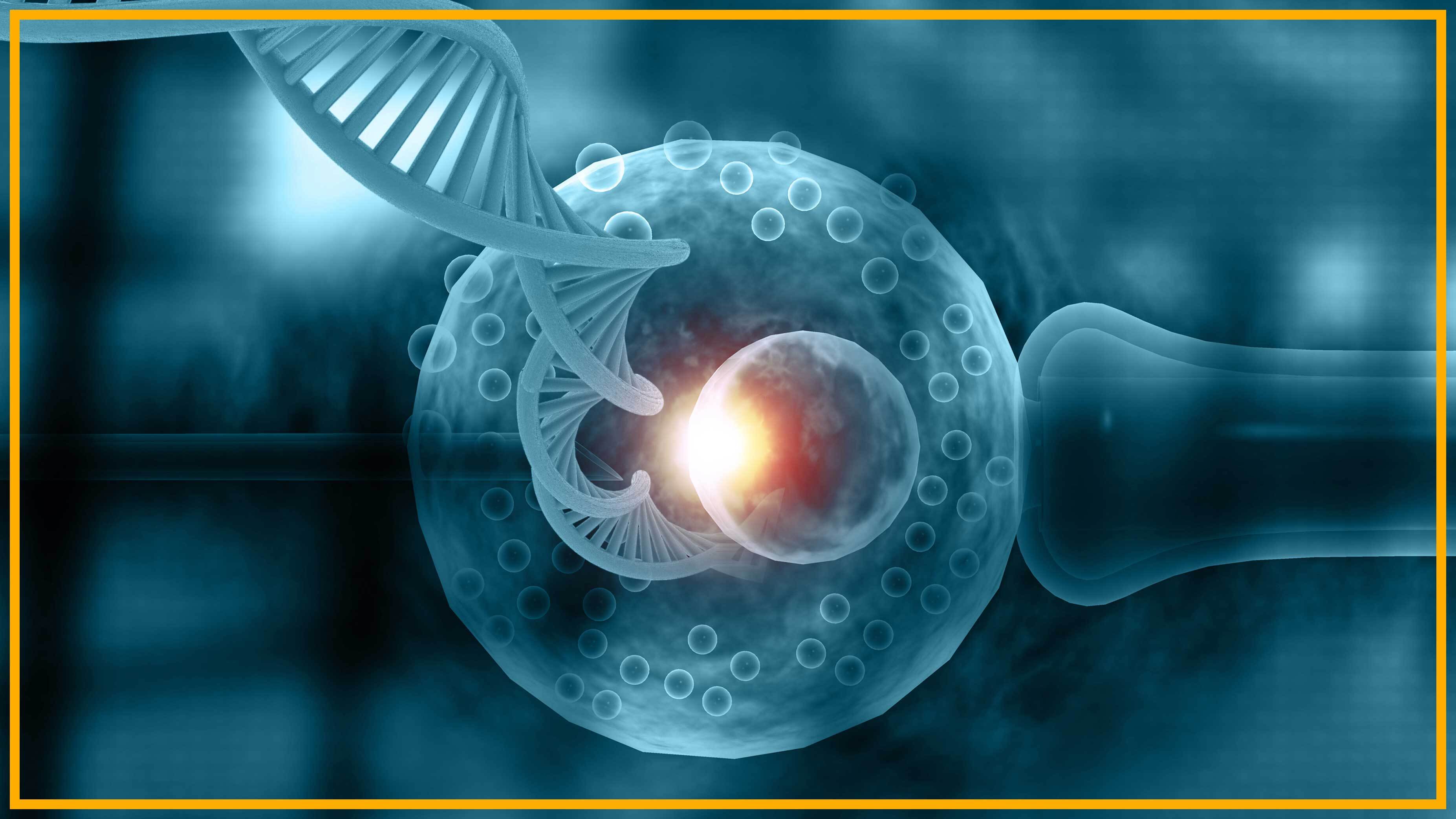
Emily Cooke
Emily is a health news writer based in London, United Kingdom. She holds a bachelor's degree in biology from Durham University and a master's degree in clinical and therapeutic neuroscience from Oxford University. She has worked in science communication, medical writing and as a local news reporter while undertaking NCTJ journalism training with News Associates. In 2018, she was named one of MHP Communications' 30 journalists to watch under 30.
Latest articles by Emily Cooke

'More Neanderthal than human': How DNA from our long-lost ancestors affects our health today
By Emily Cooke published
Neanderthals and humans mated millennia ago, and their legacy lives on in us today. Here's how.
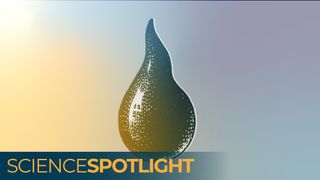
Could simple blood tests identify cancer earlier?
By Emily Cooke published
Blood tests that detect early cancer are coming to market. Could they lead to earlier diagnosis and treatment?

How wildfire smoke hurts the body — and how to protect yourself
By Emily Cooke last updated
Experts lay bare the health effects of breathing in wildfire smoke and the steps that can be taken to reduce one's risk.

The rare genetic disorder that forces people to avoid sunlight
By Emily Cooke published
People with xeroderma pigmentosum can severely burn within minutes of being in the sun and are thousands of times more likely to develop skin cancer than others.

Scientists test first-ever vaccine for acne: Here's what we know
By Emily Cooke published
An experimental vaccine for acne could someday transform the way patients with the condition are treated, according to the company that developed the shot. However, it is still early days.
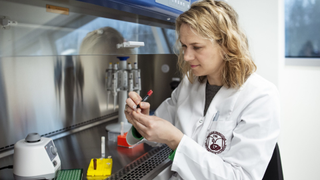
DNA from across the ages can reveal migrations of Iron-Age people and genes that protected against Chernobyl radiation
By Emily Cooke published
Ingrida Domarkienė, a geneticist at Vilnius University in Lithuania, discusses the exciting developments made possible by studying ancient and modern DNA.

The rare mosquito-borne illness that causes deadly brain inflammation
By Emily Cooke published
Mosquitoes that transmit La Crosse virus disease live in wooded areas in the U.S., mainly in the Upper Midwest, Mid-Atlantic and Southeast.
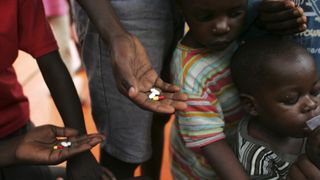
Nearly 3 million extra deaths by 2030 could result from HIV funding cuts, study suggests
By Nicoletta Lanese, Emily Cooke published
A modeling study looked at how anticipated cuts to international HIV funding would affect the rate of new cases and HIV-related deaths in low- and middle-income countries.

This rare disease causes people to move uncontrollably and unintentionally self-harm
By Emily Cooke published
Lesch-Nyhan syndrome is an extremely rare disease that affects patients' behavior and cognitive skills.
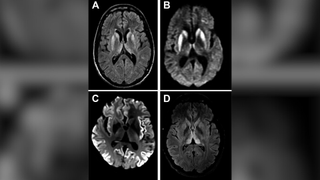
The exceptionally rare disease that causes holes to form in your brain
By Emily Cooke last updated
Creutzfeldt-Jakob disease is an extremely rare and fatal brain-wasting disease that's like a human version of "mad cow."

Science of sleep quiz: How much do you know about sleep and dreams?
By Nicoletta Lanese, Emily Cooke published
Test your knowledge of how sleeping and dreaming work.
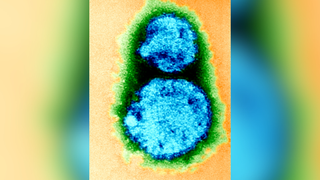
What is hantavirus? The rare but deadly respiratory illness spread by rodents
By Emily Cooke published
Hantaviruses are spread by rodents and can cause deadly respiratory and kidney illnesses in humans. It recently killed Betsy Arakawa, actor Gene Hackman's wife, in a widely covered case.

When will the US measles outbreak end?
By Emily Cooke published
A public health official in Texas recently warned that the state's ongoing measles outbreak could last a year. Why are cases expected to keep rising?

'Fingerprints of cancer' found after scientists flash infrared light pulses at blood samples
By Emily Cooke published
A new, AI-powered test can detect the molecular "fingerprints" of cancer in a patient's blood using flashes of infrared light.
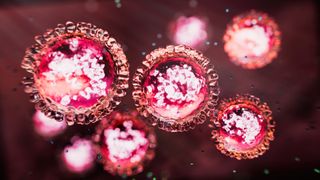
US measles outbreak tops 600 cases — what to know about the disease
By Emily Cooke last updated
As measles outbreaks in the U.S. continue, here's what to know about how the disease spreads, what its symptoms are, and how to protect yourself and community from the illness.

$3 million Breakthrough Prize awarded to developers of Ozempic-style drugs
By Emily Cooke published
Five researchers have been jointly awarded one of this year's Breakthrough Prizes in Life Sciences for their contributions to the development of Ozempic-style drugs.
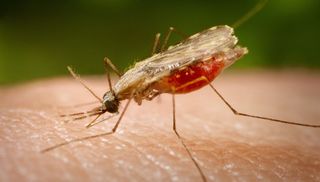
Drug makes blood toxic to malaria-spreading mosquitoes
By Emily Cooke published
Nitisinone, a drug that is already used to treat two genetic diseases, could be repurposed to control the spread of malaria, according to new research.
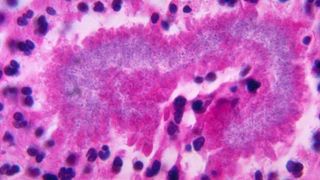
This rare bacterial infection triggers pus-filled sores in the lungs and brain
By Emily Cooke published
Nocardiosis is a rare bacterial infection that attacks the lungs, skin and brain.

Staring at the March 29 solar eclipse can cause eye damage in seconds — and you won’t even feel it happening
By Emily Cooke published
Experts explain damage that can happen to your eyes if you stare at the partial eclipse without using adequate protection.
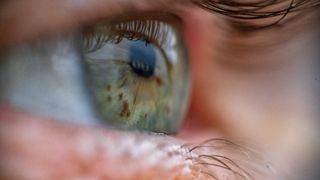
New cells discovered in eye could help restore vision, scientists say
By Emily Cooke published
A new study suggests that never-seen-before stem cells in the human retina can restore vision in mice with a common eye disorder. But more work is needed to translate the treatment to people.

'Fish odor syndrome': A rare metabolic condition that makes sweat smell like rotten fish
By Emily Cooke published
Patients with trimethylaminuria, or "fish odor syndrome," make too much of a chemical with a strong fishy smell.

Why don't we remember being babies?
By Benjamin Shouse, Emily Cooke last updated
The inability to remember your first few years of life is called infantile amnesia. But why does it happen?

In a 1st, trial finds vitamin D supplements may slow multiple sclerosis. But questions remain.
By Emily Cooke published
A new clinical trial has shown for the first time that taking high doses of vitamin D could stave off the progression of multiple sclerosis. However, much more research is warranted to confirm these findings.
Get the world’s most fascinating discoveries delivered straight to your inbox.
